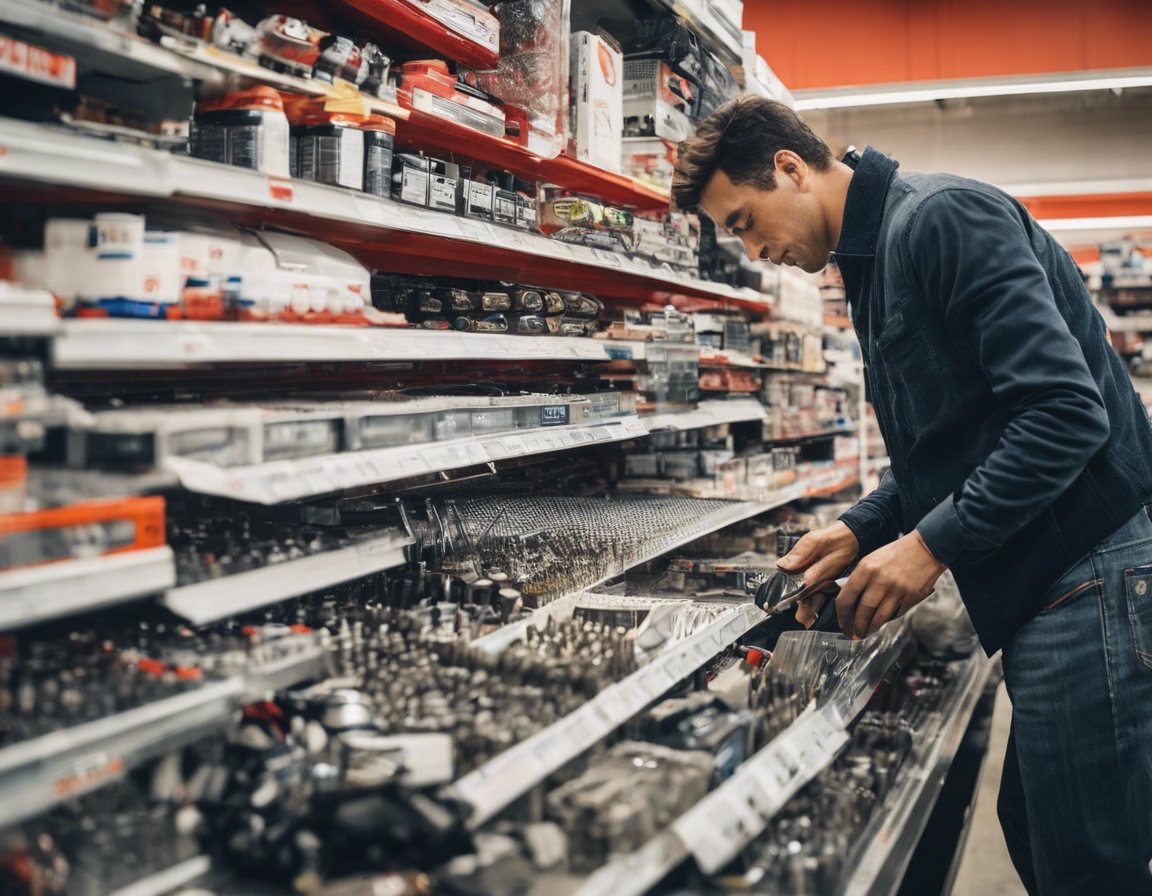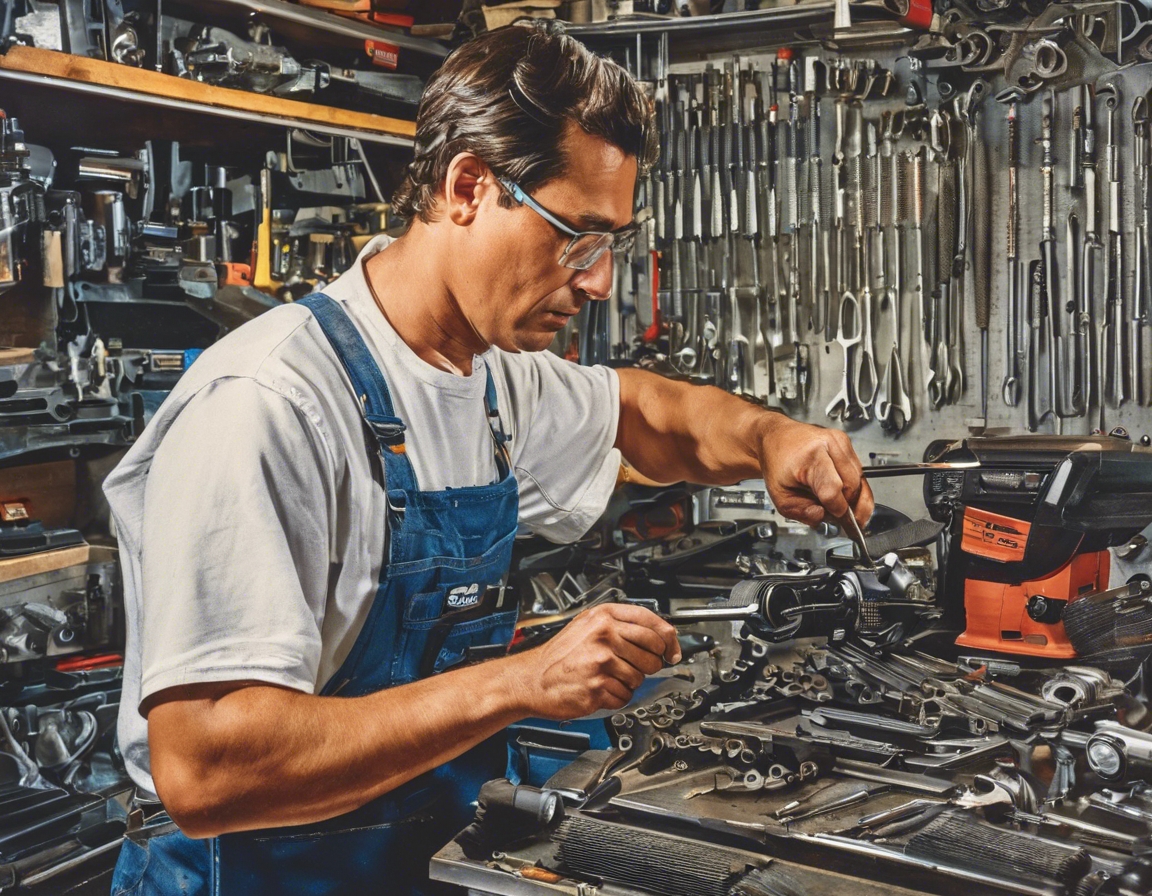5 signs your power tool needs professional repair
Power tools are the backbone of any construction project or DIY endeavor, but like any frequently used equipment, they're prone to wear and tear. Knowing when to seek professional repair can save you time, money, and ensure safety on the job. Here are five signs that indicate your power tool needs the attention of a professional.
Sign 1: Unusual Noises
When a power tool starts making noises that are out of the ordinary, it's a clear indicator that something is amiss. Grinding, squealing, or rattling sounds can point to internal issues such as bearing failure or a misalignment of parts. Ignoring these sounds can lead to further damage and potentially hazardous situations.
Sign 2: Power Issues
Consistent power is crucial for the performance of any power tool. If you're experiencing intermittent power, or if your tool fails to start, it could be due to faulty wiring, a worn-out motor, or a problem with the battery or power source. These issues require professional diagnostics to prevent complete tool failure.
Sign 3: Poor Performance
A decline in the performance of your power tool, such as a loss of speed or power, can be frustrating and unproductive. This can be caused by a variety of issues, including dull blades or bits, worn-out brushes, or even a clogged motor. A professional can pinpoint the exact cause and restore your tool's performance.
Sign 4: Visible Wear or Damage
Regular inspection of your power tools can reveal visible signs of wear or damage. Cracks in the housing, fraying cords, or broken components are not just cosmetic issues; they can be serious safety hazards. Such damage often requires parts replacement or specialized repair techniques that professionals are equipped to handle.
Sign 5: Excessive Heat or Smoke
Excessive heat buildup or the emission of smoke from your power tool is a serious concern. Overheating can be caused by an overloaded motor, poor ventilation, or a failing component. Smoke is often a sign of electrical issues or burning components. Both scenarios warrant immediate professional repair to prevent fire hazards and further damage.






Comments (0)